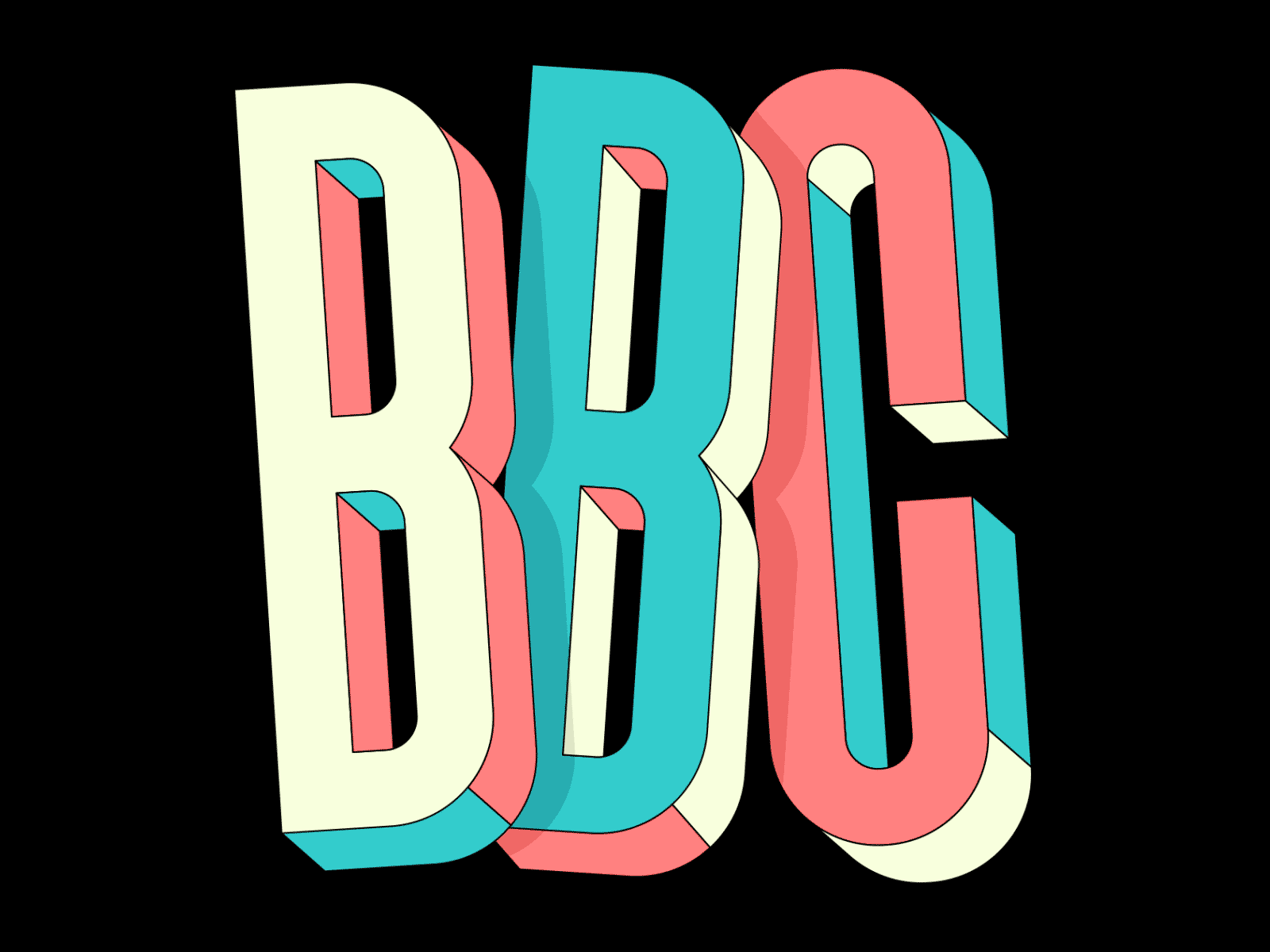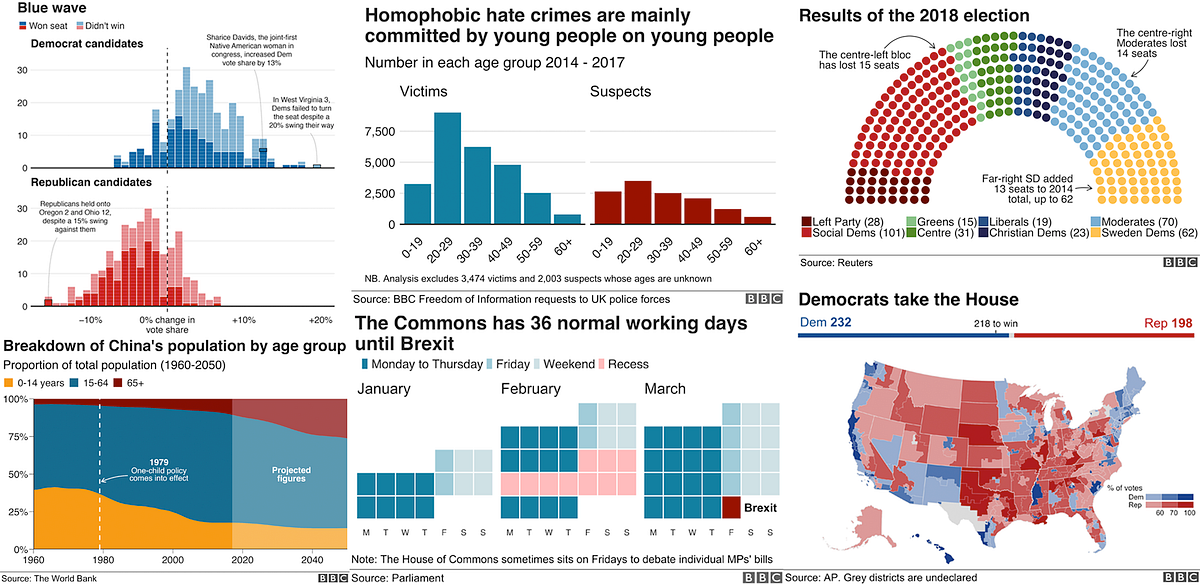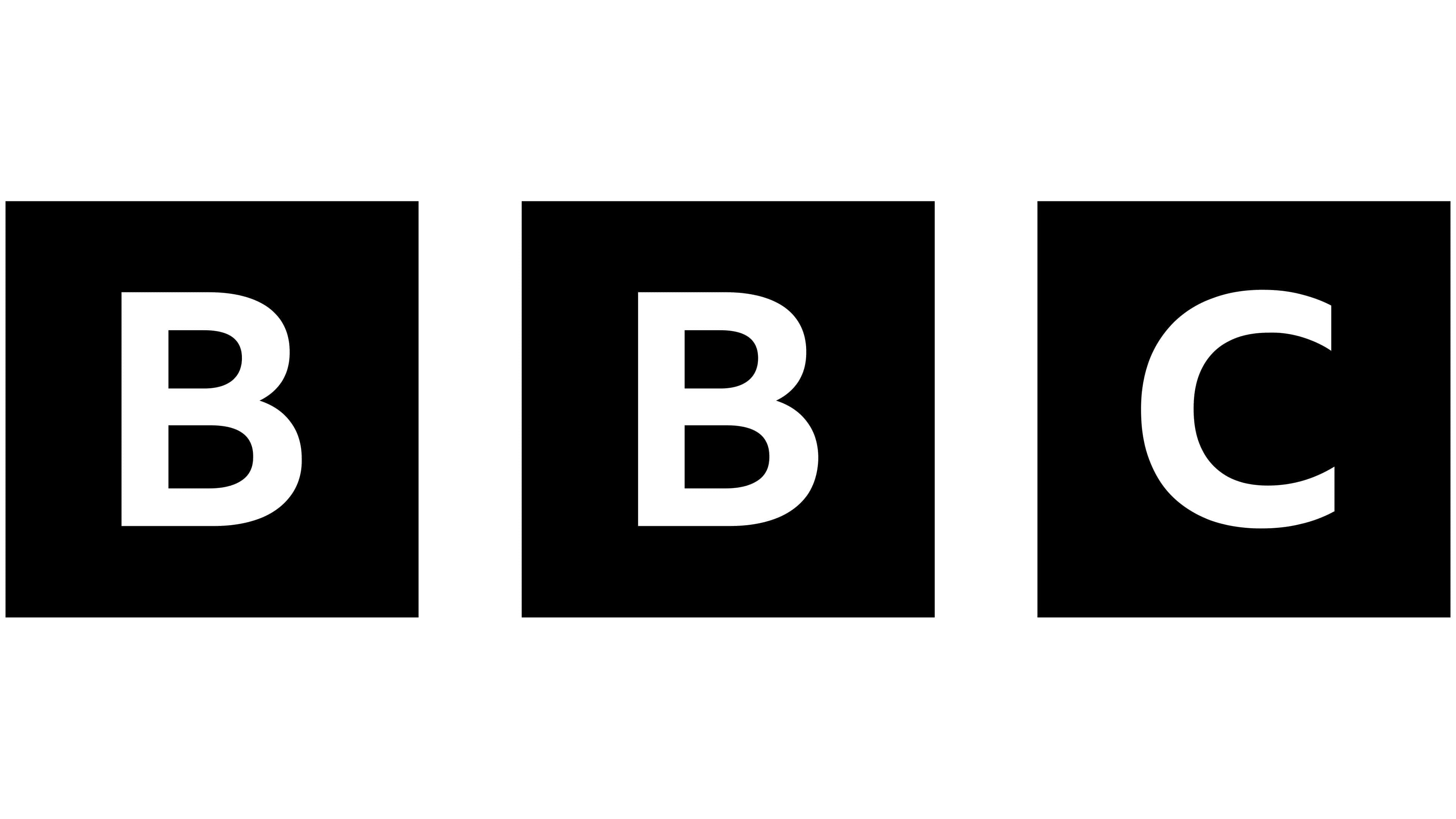BBC DP GIF: This seemingly simple search term opens a fascinating window into the intersection of the BBC’s public image, online meme culture, and the evolving landscape of digital content sharing. Understanding the various interpretations of “DP,” the context in which this term is used, and the potential target audiences reveals much about contemporary online behavior and the repurposing of established media brands in digital spaces.
We will delve into the potential interpretations of the term, exploring the BBC’s role, analyzing GIF content and usage, and examining the impact of online sharing and legal considerations. This exploration will highlight the complexities of online content creation and distribution.
The analysis will cover the potential meanings of “DP” in relation to the BBC, examining whether it refers to specific programs, personalities, or events. We will consider the various types of GIFs that might be associated with the search term, ranging from short clips from BBC programs to reaction GIFs and humorous content. The ethical and legal implications of creating and sharing these GIFs, including copyright considerations and potential for misinterpretation, will be thoroughly examined.
The role of social media platforms in spreading these GIFs and their potential viral reach will also be discussed.
Understanding the Search Term “bbc dp gif”
The search term “bbc dp gif” presents a multifaceted interpretation due to the ambiguity of the acronym “DP” and the broad reach of the BBC (British Broadcasting Corporation). Understanding the various meanings requires considering the context and potential user intent behind the search.The term likely combines a reference to the BBC, a well-known media organization, with the desire for a GIF (Graphics Interchange Format) image.
The crucial element is “DP,” which requires further examination to decipher the search’s true meaning.
Potential Interpretations of “DP”
The acronym “DP” can have several interpretations, significantly impacting the meaning of the overall search term. This ambiguity necessitates a careful analysis of potential contexts. Without further context, it’s impossible to definitively determine the intended meaning.
- Digital Photography: “DP” could refer to digital photography, implying a search for GIFs related to BBC content showcasing digital photography techniques, equipment, or examples. This could include GIFs of BBC nature documentaries showing wildlife photography or GIFs of BBC news footage demonstrating the use of digital cameras in reporting.
- Display Picture/Profile Picture: “DP” could represent a display picture or profile picture. The search might aim to find GIFs used as profile pictures on social media platforms, possibly related to BBC personalities, shows, or logos. This could involve GIFs of popular BBC characters or animated logos used as profile pictures by fans.
- Other Interpretations (Potentially NSFW): Unfortunately, “DP” can also have sexually suggestive interpretations, leading to searches for explicit GIFs associated with the BBC brand, possibly through misinterpretations or deliberate attempts to find inappropriate content. This interpretation is significantly more concerning and should be addressed with caution.
Possible Contexts and Target Audiences, Bbc dp gif
The context in which “bbc dp gif” is used heavily influences its meaning.
- Fans of BBC Shows: Fans might search for GIFs of their favorite BBC shows or personalities, using “DP” in a less specific way, perhaps intending to find any relevant GIF images.
- Social Media Users: Individuals using social media might search for GIFs to enhance their posts or profile, potentially associating them with BBC content.
- Journalists or Media Professionals: Professionals working with the BBC or in similar fields might search for GIFs for use in presentations or reports, although this is less likely given the ambiguity of “DP.”
- Individuals Seeking Inappropriate Content: As previously noted, the search term could be used to find inappropriate content, leveraging the ambiguity of “DP” to mask the true intent.
Examples of Relevant Scenarios
Consider these scenarios to illustrate the varied interpretations:
- Scenario 1 (Digital Photography): A student researching BBC nature documentaries for a photography project might search for “bbc dp gif” to find examples of wildlife photography techniques used in GIFs.
- Scenario 2 (Profile Picture): A fan of a BBC show might search for “bbc dp gif” to find a GIF of their favorite character to use as their profile picture on social media.
- Scenario 3 (Inappropriate Content): A user might intentionally use the term to attempt to access explicit content using the BBC brand as a search term.
Exploring the BBC’s Role

The BBC, a globally recognized media organization, holds a strong reputation for journalistic integrity and high-quality programming. However, the search term “bbc dp gif” presents a potential disconnect between this established image and the suggestive nature of the term. Understanding how the BBC’s content might be interpreted in relation to this search is crucial. This exploration will examine the potential associations, clarifying the unlikely direct relationship and highlighting the importance of context.The BBC’s vast archive of content, spanning decades of news, documentaries, and entertainment programming, is unlikely to contain material directly corresponding to the explicit interpretation of “bbc dp gif.” The BBC’s rigorous editorial guidelines and commitment to responsible broadcasting would prevent the creation or distribution of such content.
Any association is likely due to unrelated user-generated content or misinterpretations of existing material.
BBC Content and Potential Interpretations
The search term might arise from misunderstandings or misspellings related to BBC programs featuring particular imagery or individuals. For instance, a user searching for a specific clip from a nature documentary featuring a particular animal might inadvertently use this phrase. Another possibility involves user-generated content unrelated to official BBC material. Finally, the term could simply reflect the pervasive use of GIFs across the internet, leading to the inclusion of “BBC” in searches that are otherwise unrelated to the organization’s content.
Potential BBC Program Associations
While no BBC program is directly associated with the explicit meaning of “bbc dp gif,” it is possible to hypothesize scenarios where specific shows might be tangentially linked. For example, a user might search for a GIF from a humorous sketch from a comedy program like “The Office” or “Horrible Histories,” leading to an unintended use of this phrase.
Similarly, a user looking for a GIF from a news report, perhaps showing a dramatic moment, might inadvertently use the term. These are examples of potential, though highly indirect, connections.
Hypothetical Use of GIFs by the BBC
The BBC could utilize GIFs effectively across various platforms for engaging and concise communication. For instance, a news program could use short, informative GIFs on social media to highlight key moments from a report or to illustrate a statistic quickly. Educational programs could use animated GIFs to simplify complex concepts or make them more engaging for younger audiences.
The key would be using GIFs appropriately and responsibly, maintaining the BBC’s high standards for content.
Fictional BBC News Segment Incorporating Animated GIFs
Imagine a BBC News segment reporting on the increasing popularity of cycling in urban areas. The segment, titled “Two Wheels Good: Cycling’s Urban Rise,” could begin with a short animated GIF showing a montage of cyclists navigating city streets, illustrating the diversity of cyclists and their journeys. Later, a GIF depicting a graph showing the rise in cycling statistics over the past five years would support the reporter’s analysis.
Finally, a short GIF showing a cyclist safely using a bike lane could emphasize the importance of safe cycling practices. This use of GIFs would enhance the visual appeal and clarity of the report, offering a more engaging viewing experience.
You also can investigate more thoroughly about ip grabber to enhance your awareness in the field of ip grabber.
The Impact of Online Sharing: Bbc Dp Gif

The rapid dissemination of digital content, particularly GIFs, through online platforms significantly impacts the reach and interpretation of information. The BBC, as a trusted news source, finds its content subject to this phenomenon, raising crucial questions about context, accuracy, and ethical considerations. Understanding the dynamics of online sharing is essential for navigating the complexities surrounding the search term “bbc dp gif”.Social Media’s Role in Spreading GIFsSocial media platforms act as powerful vectors for the spread of GIFs, including those potentially related to the search term.
The inherent virality of GIFs, their concise nature, and the ease of sharing across different platforms contribute to their rapid dissemination. Algorithms on platforms like Twitter, Facebook, Instagram, and TikTok prioritize engaging content, often boosting the visibility of GIFs that resonate with users. This can lead to a GIF’s rapid spread across networks, potentially reaching millions of users within hours or even minutes.
The ease of embedding GIFs directly into posts and comments further facilitates their distribution and increases their chances of going viral.Potential for Misinterpretation and ManipulationThe brevity of GIFs makes them susceptible to misinterpretation. Extracted from a longer video or news segment, a GIF can easily be taken out of context, altering its original meaning and potentially conveying a false narrative.
Furthermore, GIFs can be manipulated through editing software, adding or removing elements to distort the original message. This manipulation can lead to the spread of misinformation and disinformation, harming the reputation of the BBC and potentially influencing public opinion on important issues. For instance, a GIF seemingly showing a BBC presenter making a particular gesture could be deceptively edited to create a false impression of their actions or intentions.Ethical Implications of Creating and Sharing GIFs Based on BBC ContentThe creation and sharing of GIFs derived from BBC content raises significant ethical questions.
Copyright infringement is a primary concern; using BBC content without permission is a violation of intellectual property rights. Beyond copyright, the ethical considerations extend to the potential for misrepresentation and the impact on the BBC’s reputation. Sharing a manipulated or misleading GIF can damage the BBC’s credibility and erode public trust in its journalism. Responsible online behavior necessitates verifying the authenticity and context of any GIF before sharing it, ensuring it accurately reflects the original source material.Comparative Spread Across Social Media PlatformsDifferent social media platforms exhibit varying capacities for GIF dissemination.
Platforms like Twitter, with its emphasis on short, snappy content, often facilitate the rapid spread of GIFs. Platforms like TikTok, with its emphasis on short-form video, offer even greater potential for viral reach, particularly through creative editing and the use of trending sounds and hashtags. Conversely, platforms like Facebook, while having a vast user base, may see slower viral spread of GIFs due to different algorithm priorities and user engagement patterns.
Instagram, with its focus on visual content, also presents a significant avenue for GIF sharing, especially within Stories and Reels. The specific platform used can greatly influence the reach and impact of a GIF.
Potential Reach and Impact of a Viral GIF
The following table illustrates the potential reach and impact of a viral GIF related to the search term, considering various social media platforms:
| Platform | Estimated Reach (millions) | Potential for Misinterpretation | Viral Potential (High/Medium/Low) |
|---|---|---|---|
| 50-100 | High | High | |
| TikTok | 100-500+ | Medium-High | High |
| 20-50 | Medium | Medium | |
| 30-75 | Medium | Medium-High |
Legal and Copyright Considerations
The creation and distribution of GIFs using BBC content raises significant legal and copyright concerns. Understanding these issues is crucial for anyone creating or sharing such content, as unauthorized use can lead to serious legal repercussions. This section will explore the potential copyright infringements, legal implications, permission processes, fair use considerations, and a hypothetical legal case related to BBC-related GIFs.
Copyright Issues Related to BBC Content GIFs
The BBC holds copyright over its vast library of audio-visual content, including television programmes, news reports, and radio broadcasts. Creating GIFs from this material without permission constitutes copyright infringement, a violation of the intellectual property rights held by the BBC. This applies to any portion of the BBC’s content used, regardless of the length or context within the GIF.
Even seemingly minor clips can trigger legal action.
Legal Implications of Unauthorized Use
Using copyrighted material without permission exposes individuals and organizations to various legal consequences. The BBC could issue a cease-and-desist letter demanding the removal of the infringing GIF and potentially seek compensation for damages incurred due to the unauthorized use. In severe cases, legal action could result in significant financial penalties and even legal action for copyright infringement. The severity of the penalties depends on factors such as the extent of the infringement, the nature of the content used, and the commercial use of the GIF.
Obtaining Permission to Use BBC Content
The BBC has a well-defined process for obtaining permission to use its content. Typically, this involves submitting a formal request through their website or contacting their licensing department. The request must clearly specify the intended use of the BBC content, including the platform where the GIF will be shared and the anticipated audience. The BBC will assess the request and may grant permission subject to specific conditions, including payment of licensing fees.
Failure to follow this process leaves the user vulnerable to legal action.
Fair Use Considerations
Fair use is a legal doctrine that allows limited use of copyrighted material without permission for purposes such as criticism, commentary, news reporting, teaching, scholarship, or research. However, the application of fair use to GIFs is complex and highly fact-specific. Factors such as the transformative nature of the GIF, the amount and substantiality of the portion used, and the effect on the potential market for the original work are considered.
Simply creating a short GIF of a BBC news segment is unlikely to qualify as fair use, especially if it directly competes with the BBC’s own distribution of that content.
Hypothetical Legal Case: “The Newsnight GIF”
Imagine a scenario where a social media user creates a GIF from a segment of the BBC’s Newsnight programme, featuring a specific interview. This GIF is then widely shared on various platforms, gaining significant traction and attracting millions of views. The GIF, while short, is highly recognizable and directly reproduces a key moment from the broadcast. The BBC discovers this and initiates legal action.
The court would consider factors such as the user’s intent, the transformative nature (or lack thereof) of the GIF, and the potential impact on the BBC’s revenue from the original broadcast. The outcome would depend on the specific facts presented, but the likelihood of the user being found liable for copyright infringement is high, given the lack of permission and the potential market impact.
In conclusion, the seemingly innocuous search term “BBC DP GIF” reveals a complex interplay of media consumption, online culture, and legal considerations. Understanding the diverse interpretations of this term, the potential for misinterpretation and manipulation of GIFs, and the legal ramifications of using copyrighted material without permission are crucial for navigating the ever-evolving digital landscape. The analysis highlights the need for responsible content creation and consumption, emphasizing the importance of ethical considerations and compliance with copyright laws when engaging with online media.



